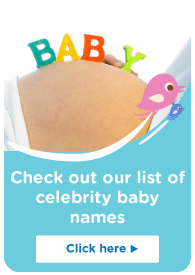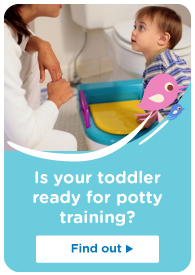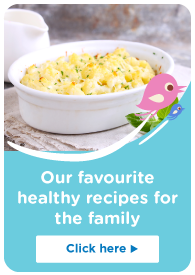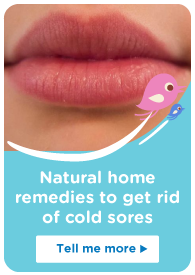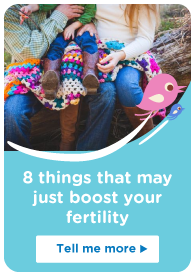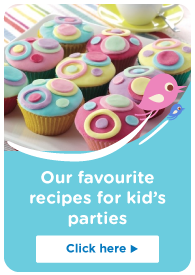Good nutrition during pregnancy: what to eat for you and your baby
Filed under:
MummyBloggers
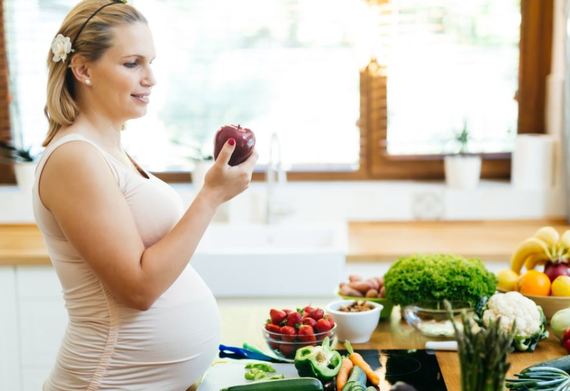
Healthy eating during pregnancy is not only crucial to your babyʼs growth and development, it is also important to ensure you stay in tip top condition.
Thankfully, it is easy enough to ensure you ARE getting the nutrients you need; simply include a variety of food groups in your diet, including fruits and vegetables, breads and grains, protein sources and dairy products.
Here are the food groups you SHOULD be including and some suggested sources for creating a healthy diet during pregnancy:
1. Fruits and vegetables
Fruits and vegetables contain many important nutrients for pregnancy, especially vitamin C and folic acid. For your vitamin C choose oranges, grapefruits and honeydew, broccoli, tomatoes and Brussels sprouts. For folic acid opt for dark green leafy vegetables, legumes, black or lima beans, black-eyed peas and veal. Aim for at least 2-4 servings of fruit and four or more servings of vegetables daily; remember, pregnant women need at least 70 mg of vitamin C and 0.4 mg of folic acid per day.
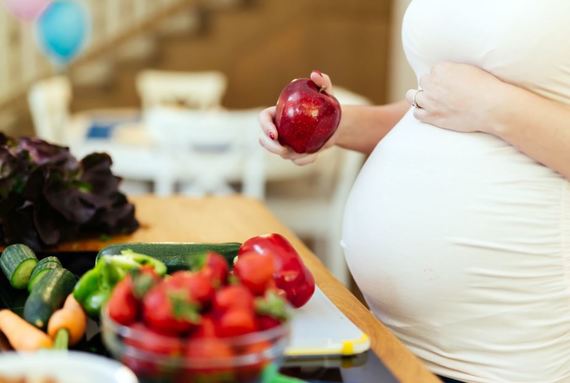
2. Breads and grains
The bodyʼs main source of energy for pregnancy comes from the essential carbohydrates found in breads and grains. Whole grain and enriched products provide important nutrients such as iron, B vitamins, fibre and some protein, even. You can get the required amount of folic acid from fortified bread and cereal. Depending on your weight and dietary needs, you should consume anywhere between 6-11 servings (6-11 oz) of breads/grains daily.
3. Protein
Meat, poultry, fish, eggs and beans contain the protein, B vitamins and iron needed in pregnancy. Protein is needed particulalry in the second and third trimester and iron helps to carry oxygen to your growing baby, and your muscles to help avoid symptoms such as fatigue, weakness, irritability and depression. Lean beef, chicken, lamb, liver, turkey and veal are good options. Fish, and some seafood, can be a good nutritional choice for pregnancy, within guidelines. Fish that contain high levels of mercury should be avoided.
4. Dairy products
At least 1000 mg of calcium is needed daily to support a pregnancy. Calcium is essential for building strong teeth and bones, normal blood clotting, and muscle and nerve function. Since your developing baby requires a considerable amount of calcium, your body will take calcium from your bones, if you do not consume enough through your diet (which can lead to future problems, such as osteoporosis). Good sources of calcium include milk, cheese, yogurt, cream soups and puddings. Some calcium is also found in green vegetables, seafood, beans and dried peas. You should consume at least four servings of dairy products daily.
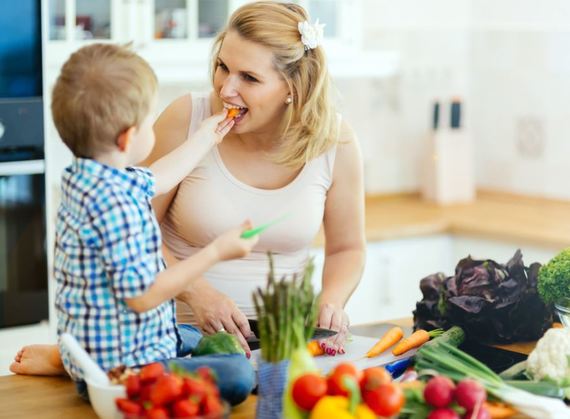
5. The importance of iron for you and baby
When you are pregnant you need more iron than usual, particularly if you have ever had anaemia (low blood iron). The most readily available iron is found in meat (e.g. beef, lamb, pork), fish (e.g. mackerel, haddock, sardines) or chicken. Iron from vegetables, cereals, pulses (peas, beans, lentils) and eggs is less well absorbed, however, vitamin C can help to absorb iron from these foods if taken at the same meal. Tea prevents iron from being effectively absorbed so make it weak and try not to drink it with meals.
6. And why you need folic acid
Folic acid helps to prevent babies from developing disorders called neural tube defects. Ideally, it should be taken in supplement form for at least three months before you become pregnant. However, if you are already pregnant, folic acid should continue to be taken until the twelfth week. Your doctor will tell you how much to take.
Evee Parroche is a personal trainer with 13 years experience. She is Mum to a one-year-old and is also pregnant with her second child. She blogs at Fit Bumps and Mums, where she provides top tips for a fit and healthy pregnancy, and also healthy ways to get back into shape after having your baby.

